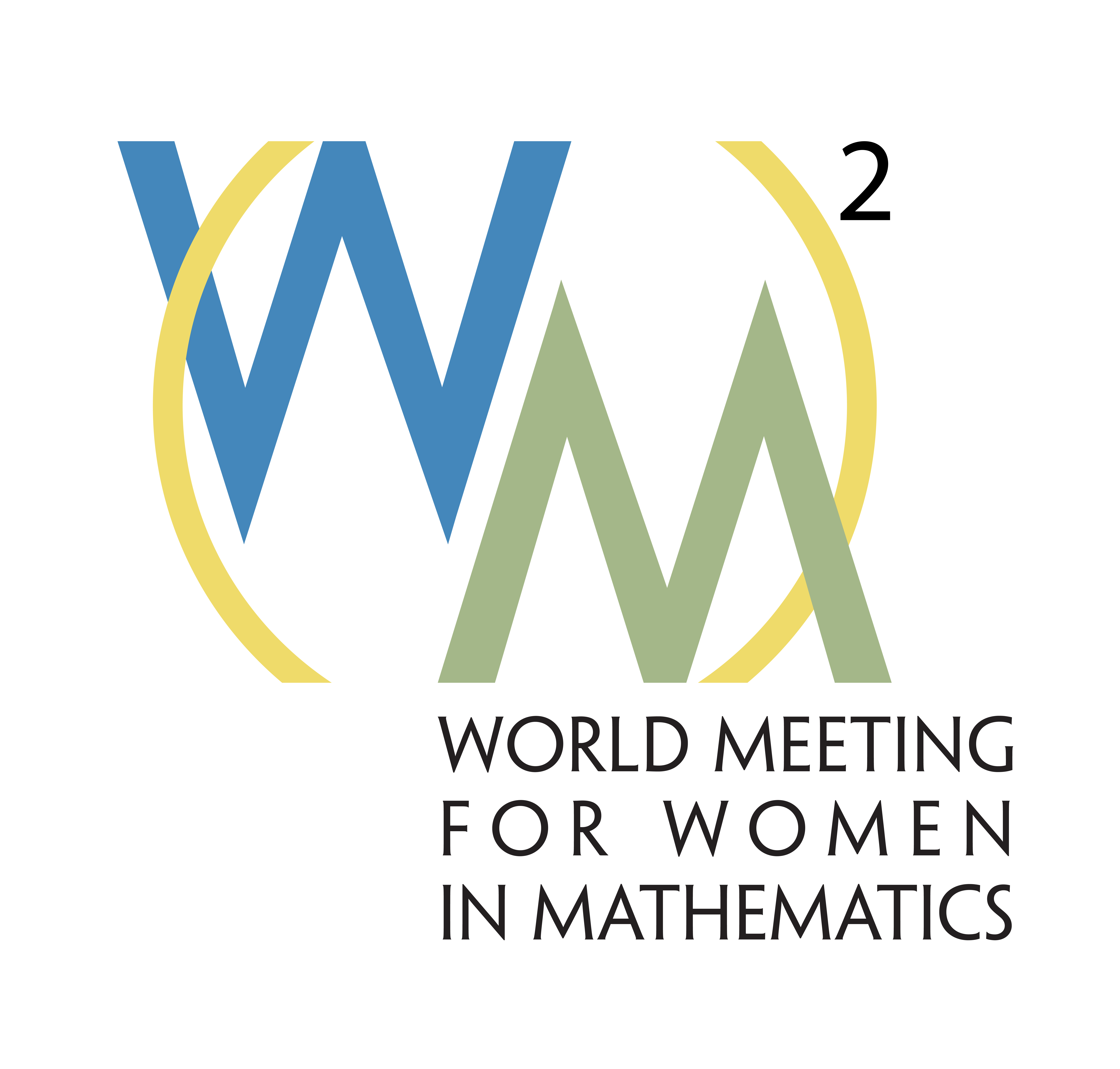IMU News 133: September 2025
A Bimonthly Email Newsletter from the International Mathematical Union (pdf)
Editor: Yoshiharu Kohayakawa, Universidade de São Paulo, Brazil
Editorial: A recap of the Mathematical Congress of the Americas 2025
 The Mathematical Council of the Americas is a network for professional mathematical societies and research institutes based in the Americas, dedicated to promoting the development of Mathematics, in all its aspects, across the continents. As a hemispheric collaborative effort, special attention is given to cooperating with UMALCA—the Mathematical Union for Latin America and the Caribbean. The Mathematical Council aims to highlight the excellence of mathematical achievements in the Americas within the context of the international arena and to foster the scientific integration of all mathematical communities on the continent. Both the Mathematical Council of the Americas (MCofA) and UMALCA are Affiliate Members of the IMU.
The Mathematical Council of the Americas is a network for professional mathematical societies and research institutes based in the Americas, dedicated to promoting the development of Mathematics, in all its aspects, across the continents. As a hemispheric collaborative effort, special attention is given to cooperating with UMALCA—the Mathematical Union for Latin America and the Caribbean. The Mathematical Council aims to highlight the excellence of mathematical achievements in the Americas within the context of the international arena and to foster the scientific integration of all mathematical communities on the continent. Both the Mathematical Council of the Americas (MCofA) and UMALCA are Affiliate Members of the IMU.
The principal vehicle by which the Math Council advances its goals is through the now well-established quadrennial Mathematical Congress of the Americas (MCA). The first MCA was hosted by the Centro de lnvestigación en Matemáticas (CIMAT) in Guanajuato, Mexico, August 5–9, 2013, followed by the Montreal MCA, July 24–27, 2017, hosted by the Canadian Mathematical Society. The 2021 MCA was sponsored by the Department of Mathematics at the University of Buenos Aires. Due to the COVID 19 pandemic, it was held virtually from July 9 to July 23.
The Fourth Mathematical Congress of the Americas (MCA 2025) was recently held in Miami, Florida, at the Intercontinental Hotel Miami, July 21–25, 2025. It was hosted by the Department of Mathematics at the University of Miami. This marks the first time the MCA was held in the United States.
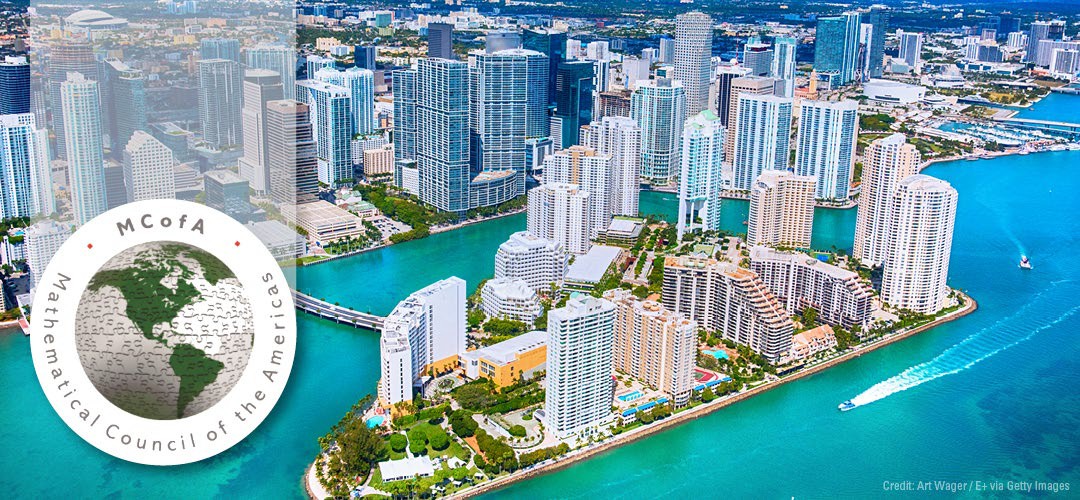
Located in the heart of booming downtown Miami, with commanding views of the Atlantic Ocean, Biscayne Bay and the Port of Miami, the Intercontinental proved to be a splendid venue for MCA 2025. The Intercontinental is an ideally appointed facility, with 653 guest rooms and over 100,000 square feet of meeting space spread over 35 meeting rooms, which was fully utilized to execute the congress. The diligent and energetic hotel staff worked closely with our excellent management team from the Sight on Site Group to create a conducive and welcoming atmosphere.
We convened almost 950 mathematicians from across the Americas and beyond to explore bold ideas, advance research, and foster collaboration across borders. Over the course of the week, MCA 2025 featured 5 Plenary Sessions, where world-renowned speakers shared frontier research and unifying themes in modern mathematics, and 18 Invited Talks, offering deep dives across diverse subfields. These headline talks went hand in hand with a vibrant scientific program with over 750 presentations organized into 66 special session topics, reflecting the inspiring range of mathematical research taking place across the hemispheric mathematical community.
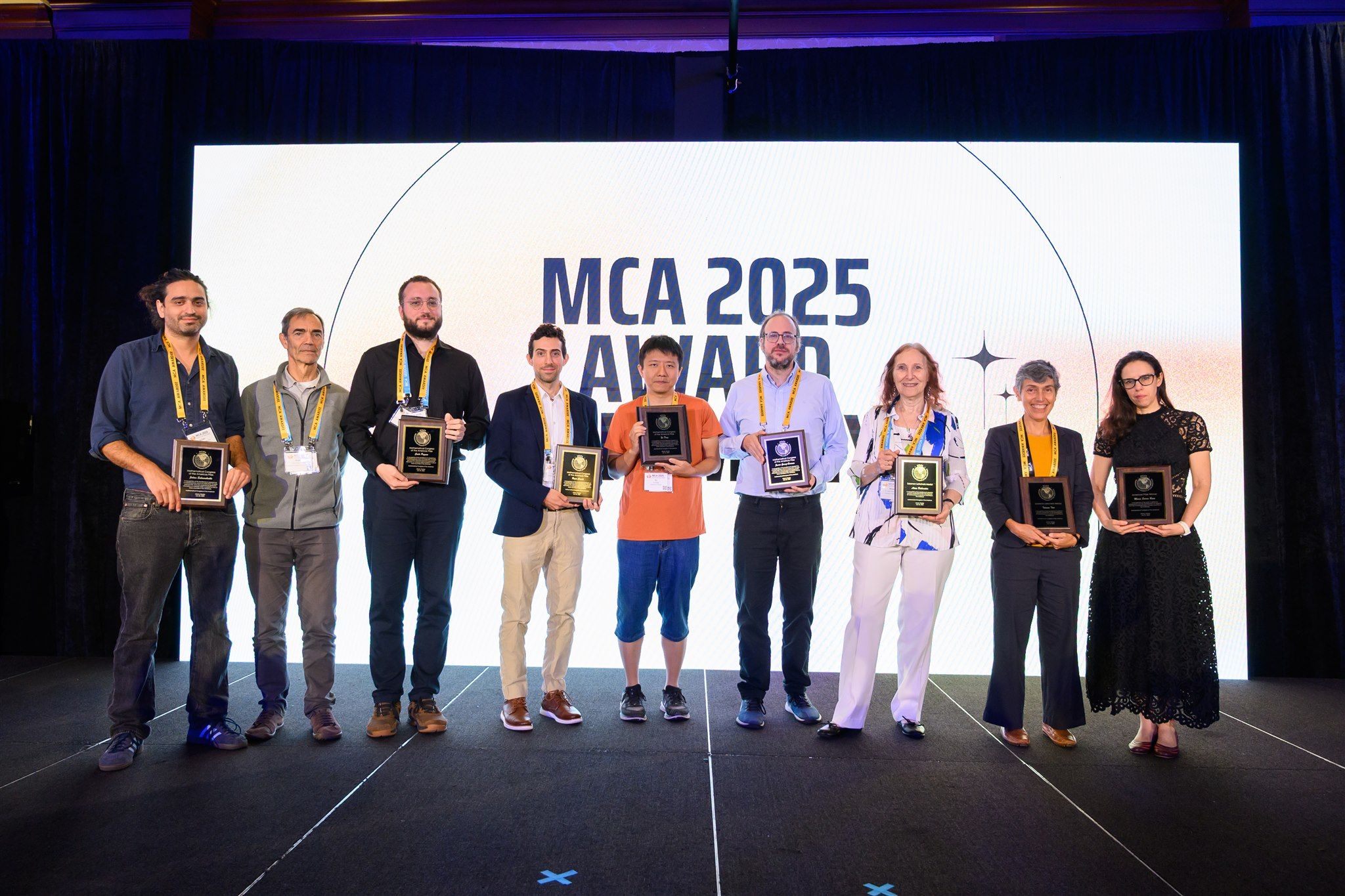
We celebrated excellence in mathematical research and community across the hemisphere through the 2025 MCA Awards Ceremony, recognizing outstanding contributions in three categories. First, the Americas Prize is awarded to an individual or a group in recognition of their work to enhance collaboration and the development of research that links mathematicians in several countries in the Americas. The 2025 prize was shared by Pablo Ferrari of the University of Buenos Aires and the late Maria Soares Ruas of the University of São Paulo. Second, Lefschetz Medals are given to two mathematicians in recognition of their excellence in research and their contributions to the development of mathematics in a country or countries in the Americas. The recipients for 2025 are Alicia Dickenstein of the University of Buenos Aires and Tatiana Toro of the Simons Laufer Mathematical Institute and the University of Washington. Finally, the MCA Prize is awarded to mathematicians, no more than 12-year post PhD, who either did graduate training at an institution or institutions in the Americas or currently hold a position in one or more countries of the Americas. The recipients for 2025 are: Roger Casals, University of California at Davis, Yu Deng, University of Chicago, Javier Gómez-Serrano, Brown University, Carlo Pagano, Concordia University, and Julian Saharabudhe, University of Cambridge. Each MCA Prize winner gave a superb presentation at the congress.
Complementing the core program were 35 poster presentations, evening events that encouraged connection and reflection, and unique opportunities for community engagement. The week opened with the MCA 2025 Welcome Reception on Monday evening. On Wednesday evening, we hosted a Special Public Lecture by Tadashi Tokieda, who brought mathematical wonder to a broad audience. On Thursday evening, Tech Night spotlighted the intersection of mathematics, data, and innovation in Miami’s high-knowledge economy via a fireside chat with Tom DeBow, Chief Technology Officer of Schonfeld Strategic Advisors. Participants got an insightful perspective in the emergence of Miami as a hub for the high-knowledge economy and an industry perspective on artificial intelligence that resonated with several excellent talks at MCA 2025.
MCA 2025 is very grateful to the sponsors who helped to make the event possible and whose funds enabled the attendance of many mathematicians from across the Americas. We are pleased to salute (in alphabetical order) American Airlines, the American Mathematical Society, the Atlantic Association for Research in the Mathematical Sciences, the Center for Mathematical Modeling, the Centre de Recherches Mathématiques, the Fields Institute for Research in Mathematical Sciences, the Institute of the Mathematical Sciences of the Americas, the Instituto de Matemática Pura e Aplicada, the Mathematical Council of the Americas, the National Science Foundation, the Pacific Institute for the Mathematical Sciences, Santander Bank, Schonfeld Strategic Advisors, the Simons Foundation, and the University of Miami.
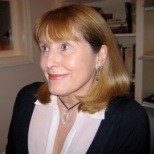 Susan Friedlander
Susan Friedlander
University of Southern California
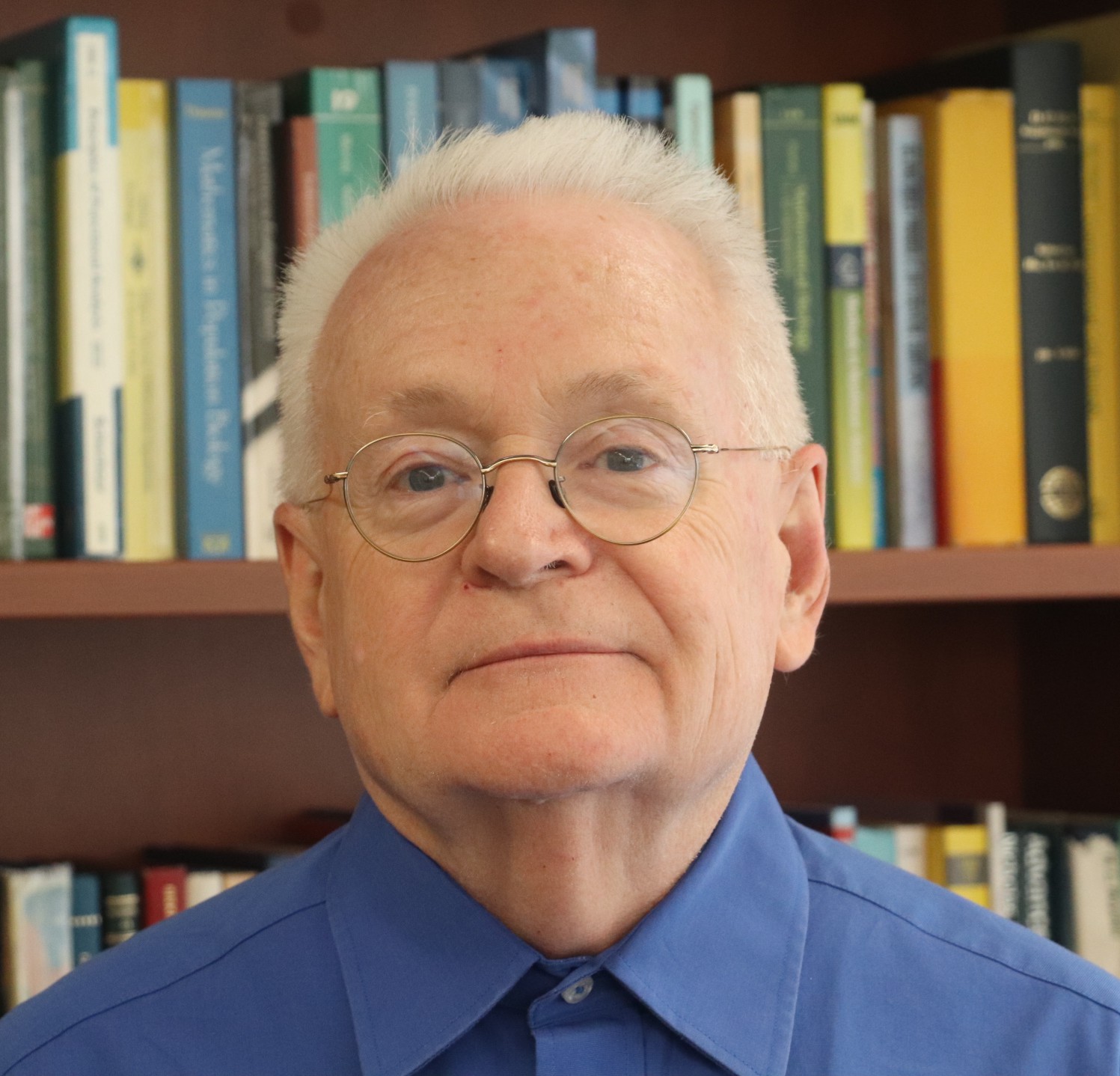 Robert Stephen Cantrell
Robert Stephen Cantrell
University of Miami
Joint recommendations and a report of the IMU and the ICIAM on fraudulent publishing
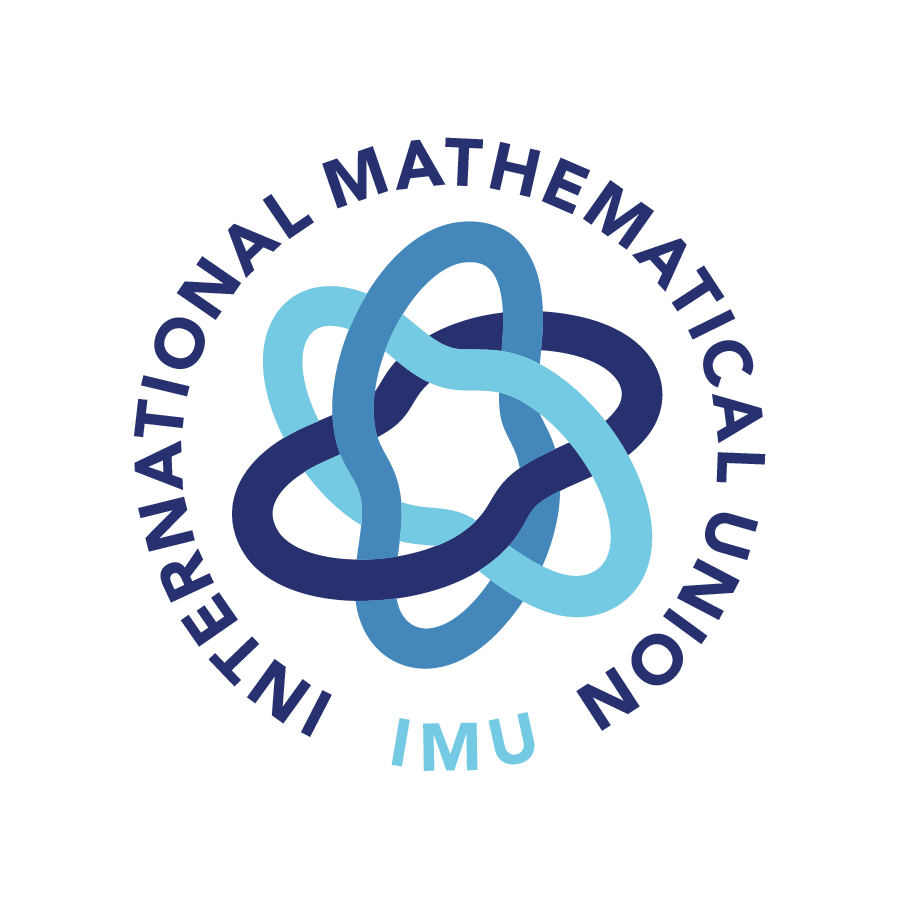
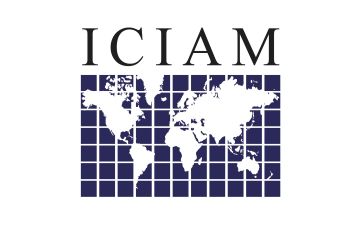
Fraudulent publishing and citation cartels have emerged as a significant concern within our community. Notably, in November 2023, Clarivate, the parent company of Web of Science, announced that it excluded the entire mathematical discipline from the most recent edition of its list of highly cited authors. The rationale provided for this exclusion was as follows (see Clarivate’s blog entry by David A. Pendlebury, November 15, 2023, Highly Cited Researchers 2023: The evolution of our evaluation and selection policy to support a robust scholarly landscape):
“(Mathematics) is a highly fractionated research domain, with few individuals working on a number of specialty topics. The average rate of publication and citation in Mathematics is relatively low, so small increases in publication and citation tend to distort the representation and analysis of the overall field. Because of this, the field of Mathematics is more vulnerable to strategies to optimize status and rewards through publication and citation manipulation.”
Since then, the International Mathematical Union (IMU) and the International Council of Industrial and Applied Mathematics (ICIAM) have established a working group to delve deeper into the study of fraudulent publishing and citation cartels. This working group, comprising Ilka Agricola, Lynn Heller, Wil Schilders, Moritz Schubotz, Peter Taylor, and Luis Vega, has recently authored a report on the subject and has formulated precise recommendations for policymakers and institutions, outlining strategies to foster ethical scientific practices while simultaneously detecting and addressing fraudulent conduct.
For individuals, the recommendations provide a set of possible actions to safeguard research communities from being corrupted by fraud and pure business interests.
These recommendations were formulated by the authors in close collaboration with the IMU Committee on Publishing (chaired by Ilka Agricola) and were endorsed by the Executive Committee of the IMU and the Board of the ICIAM in May/June 2025.
Please find the recommendations and report below:
- 2025 IMU-ICIAM Recommendations on Fraudulent Publishing
- 2025 IMU-ICIAM Report on Fraudulent Publishing
The report will appear in the October issue of the Notices of the American Mathematical Society.
ICM 2026
List of speakers. ICM 2026, which takes place from Thursday, 23 July, to Thursday, 30 July 2026, at the Pennsylvania Convention Center, Philadelphia, USA, will feature talks from over 200 mathematicians. For the complete list, visit this page.
Early Advanced Registration extended. The discounted rates for Early Advanced Registration are now available to 1 January 2026. Register as soon as possible!
Travel grant for US-based mathematicians. With funding from the National Science Foundation, the American Mathematical Society offers this program to provide partial support for US-based mathematicians to attend ICM 2026. For more information, visit this page.
Short communications and posters. All interested ICM participants are invited to submit an application to present a Short Communication or a Poster on recent and original work in mathematics made after 2022. For details, visit this page and this page.
Satellite events. On behalf of the International Mathematical Union, the organizers of ICM 2026 invite proposals for Satellite Conferences and other possible events to be associated with and complementary to the congress. Visit this page for more details. Visit this page for the full list of satellite events already approved.
An update on the call for bids for ICM 2030
The Call for Bids to host ICM 2030 and the IMU General Assembly meeting prior to the congress in 2030 was announced in the IMU AO Circular Letter 09/2023. Some further details regarding the bidding process have been added to the webpage about ICM 2030.
László Lovász awarded the Erasmus Medal of the Academia Europaea
László Lovász, IMU President 2007–2010, has been awarded the 2025 Erasmus Medal of the Academia Europaea, for his influence and decisive contributions to the general appeal and expansion of the fields of discrete mathematics and computer science and their closer integration with classical areas of pure and applied mathematics. Lovász will receive the medal and will deliver the accompanying Erasmus Lecture at the Annual Conference of the Academia Europaea, Barcelona, on 16 October 2025.
László Lovász is currently a Research Professor of the Alfréd Rényi Institute of Mathematics, Hungary. He has been a member of the Academia Europaea since 1991. He is a member of the Hungarian Academy of Sciences, which he presided from 2014 to 2020, and a member of the US National Academy of Sciences and of several other science academies. His awards include the George Pólya Prize (1979), the Ray D. Fulkerson Prize (1982, 2012), the Wolf Prize (1999), the Gödel Prize (2001), the Kyoto Prize (2010), the Barcelona Hypatia European Science Prize (2018) and the Abel Prize (2021).
The 12th Heidelberg Forum

Indo-European Conference on Mathematics
The Indo-European Conference on Mathematics, jointly organized by the European Mathematical Society and The Indian Mathematics Consortium, will take place in Pune, India, 12 to 16 January 2026. The event will be jointly hosted and co-organized by Savitribai Phule Pune University and the Indian Institute of Science Education and Research, Pune.
The conference will feature 11 plenary talks, 20 symposia on different areas of mathematics, contributed talks, and poster presentations. For more information about the conference, including details on how to register, accommodation options and travel information, visit the official conference website.
News from the International Commission on Mathematical Instruction (ICMI)
ICMI Awardees Multimedia Online Resources Project. The ICMI AMOR Project, initiated in 2017 by Jean-Luc Dorier, aims at building online resources reflecting highly significant and influential research in mathematics education at an international level, which could serve as a reference not only for researchers in the field, but also for educators, teachers, curriculum developers and policy makers and other agents in the field. In particular, the project could serve as a basis for a PhD training program and induction into mathematics education research. In this presentation you can have a quick glance at the videos in the units of the project. You can also access a flyer and posters here and here.
Moreover, we have made our YouTube channel more accessible and with new functionalities. At the moment the automatic translations in different languages offered by YouTube are not always very accurate but with the advisory board, we are working on making them better. Out of 24 awardees, 7 units are completed and several are in progress.
At its Executive Committee Meeting held March 10–12, 2025, ICMI decided to set up an Advisory Board for the ICMI AMOR Project.
The roles of the Advisory Board are to:
- Establish priorities for new AMOR units to be created and help with contacting people who can design these new units.
- Help anyone who wants to start building a new AMOR unit in the project, explaining the goals and the format and interacting with this person or persons about the various design possibilities.
- Identify the ideal characteristics for each new AMOR unit to be added based on features of units that have already been designed and published.
- Offer advice and feedback on the design of a whole AMOR unit and each module in it. This is not a formal review but instead an advisory process to help optimize the quality of the finished product.
- Take action to promote the project to new and existing audiences and to enhance its impact. This means reviewing what is known about existing use of the AMOR units and proposing new uses and new audiences. It also means communicating about the project and its possible uses via various media and conferences.
The members of the Advisory Board are appointed by the ICMI EC for a period of 4 years starting on April 1, 2025.
The Advisory Board is composed of a balanced mixture of persons active in the origin of AMOR and senior and junior researchers in mathematics education working and living in different parts of the world and using different theoretical tools, reflecting the possible users of the ICMI AMOR Projects. The total number of Advisory Board members should be between 9 and 15.
Here is the list of first appointees starting on April 1, 2025:
- Michèle Artigue (France)
- Marianna Bosch Casabò (Spain)
- Nadav Ehrenfeld (USA/Israel)
- Anthony Essien (South Africa)
- Fraser Gobede (Malawi)
- Xingfeng Huang (China)
- Ruchi Sunil Kumar (India)
- Nathan Lombard (France/Switzerland)
- Daniela Pages (Uruguay)
- Anna Sfard (Israel)
The work of the Advisory Board will be chaired by Betina Duarte, who as ICMI Vice-President is in charge of the ICMI AMOR Project.
Updates on the short descriptions of the context of mathematics education in different countries. As announced in our last newsletter, when reshaping its website, the ICMI EC has decided to replace the database project by a wider presentation of the context of Mathematics Education in every ICMI country according to the following 5 sections:
- Associations for Mathematics Education
- Research Institutions for Mathematics Education Research
- Journals for Mathematics Education Research
- Mathematics Teacher Education
- National Syllabus and Standard
At the moment, the information is accessible for the following countries: Australia, Bangladesh, Bulgaria, Costa Rica, the Czech Republic, Finland, France, Germany, India, Italy, Kenya, Latvia, the Netherlands, Norway, Malawi, Poland, Switzerland, Thailand and Uruguay. We hope that this list will grow rapidly!
News from the Commission for Developing Countries (CDC)
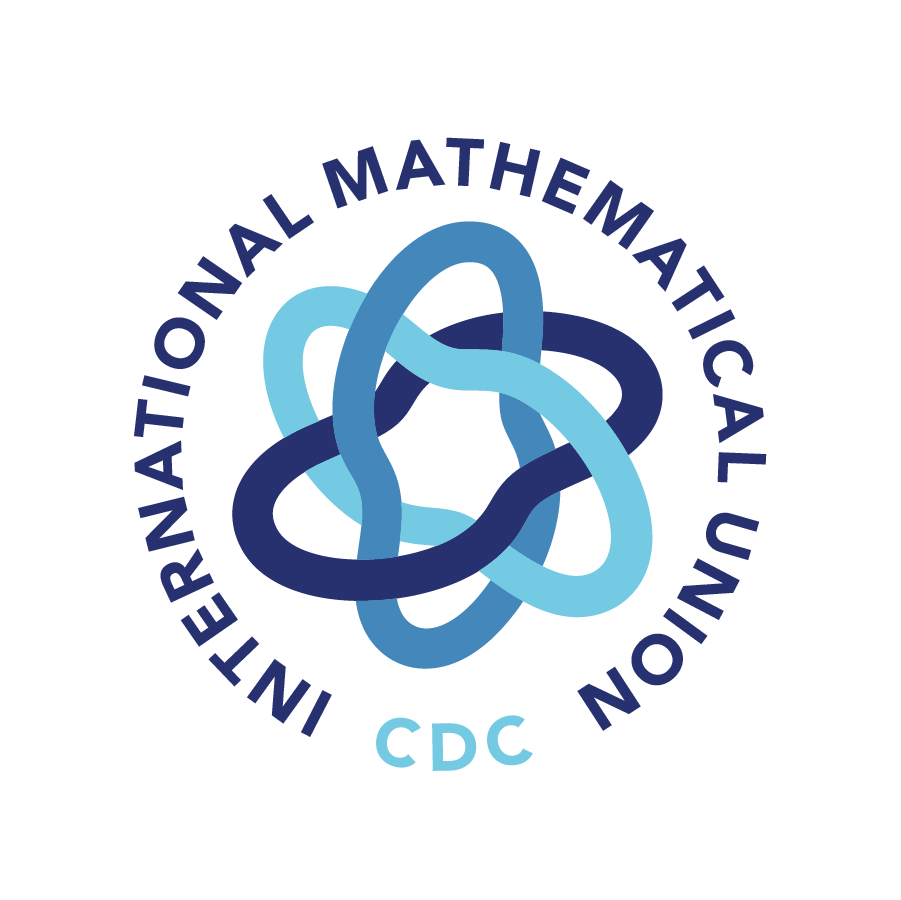 We are happy to share with you the latest news from our activities. Looking ahead, we invite you to join us for a
We are happy to share with you the latest news from our activities. Looking ahead, we invite you to join us for a
where we will highlight our work with a special focus on the Volunteer Lecturer Program. This will be a good opportunity to discover inspiring stories, learn more about our impact, and exchange ideas about the future of our programs. We will also share updates on the upcoming CDC activity at ICM 2026 in Philadelphia. We warmly encourage you to take part!
The webinar will be recorded and made available on the CDC website after the event. A Zoom link will be sent to registered participants a few days prior to the event.
Here you can register for the CDC webinar. Please note, the registration form will close on 26 October 2025 (Sunday) at 23:59 (UTC+2).
ICM 2026 registration and grants from the CDC. The next International Congress of Mathematicians will take place in Philadelphia, USA, from July 23 to July 30, 2026. The call for applications for the ICM 2026 Travel Support Program, which provides financial support to mathematicians from eligible developing countries to attend the congress, is now closed. We are pleased to report that the program received an impressive number of applications from across all continents. Notifications of the results have now been to the applicants. We warmly encourage everyone to register for the congress.
We would also like to remind you of the IMU-Simons Research Fellowship Program for Developing Countries, generously funded by the Simons Foundation. This new grant program supports mathematicians based in developing countries in undertaking collaborative research at mathematical institutions abroad.
The CDC strongly encourages mathematicians and students from developing countries to apply to our calls listed below and to contact us for further details via email.
Grants for institutions
- Volunteer Lecturer Program (next deadline: October15, 2025, for courses to be held between February 1, 2026, and February 1, 2027; following deadline: January 15, 2026, for courses scheduled between May 1, 2026, and May 1, 2027)
Grants for conferences organizers
- Conference Support Program (next deadline: October 1, 2025, for conferences starting after February 1, 2026; following deadline: January 15, 2026, for conferences starting after March 15, 2026)
Grants for research visits
- IMU-Simons Research Fellowship Program for Developing Countries (next deadline: October 1, 2025, for research visits starting between February 15, 2026, and February 15, 2027; following deadline: January 15, 2026, for research visits starting between June 1, 2026, and June 1, 2027)
Grants for graduate students
- IMU Breakout Graduate Fellowship Program (the 2025 call for nomination is now closed)
- Graduate Research Assistantships in Developing Countries (GRAID) Program (the 2025 call for applications is now closed)
News from the Committee for Women in Mathematics (CWM)
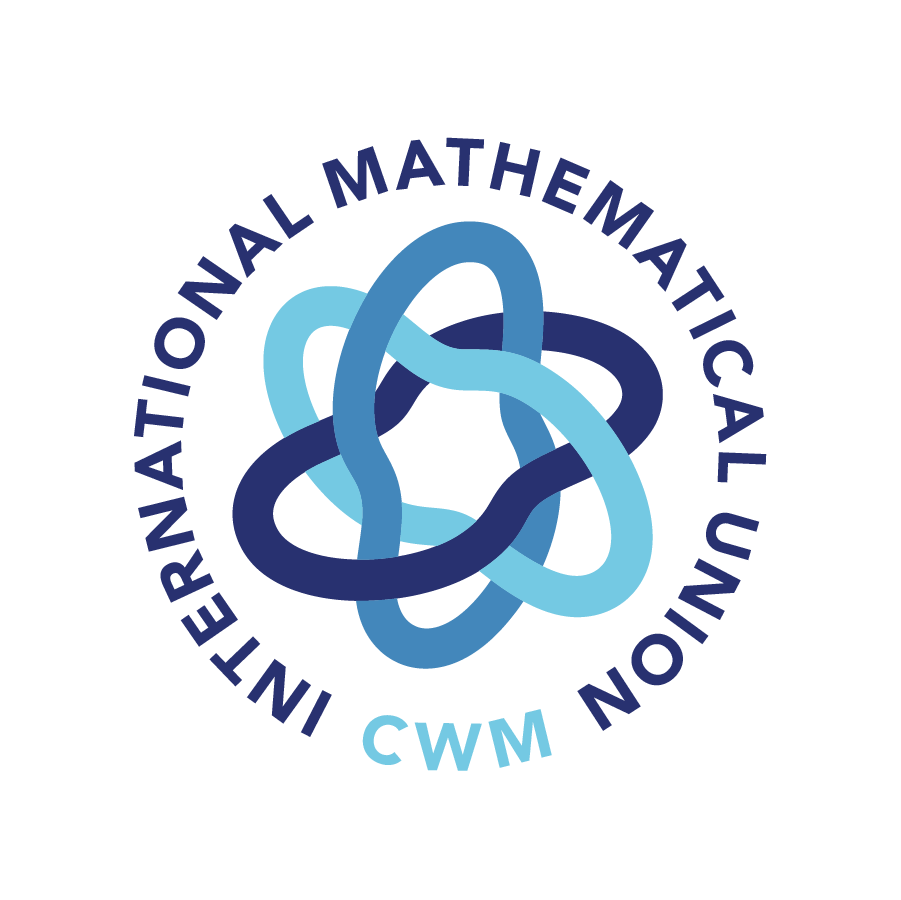 The CWM is delighted to share the scientific program for the III World Meeting for Women in Mathematics — (WM)², taking place on July 22, 2026, at the Pennsylvania Convention Center in Philadelphia, USA. This one-day event will be held as a satellite event of ICM 2026.
The CWM is delighted to share the scientific program for the III World Meeting for Women in Mathematics — (WM)², taking place on July 22, 2026, at the Pennsylvania Convention Center in Philadelphia, USA. This one-day event will be held as a satellite event of ICM 2026.
The program will feature four invited research talks, delivered by:
- Kirsten Eistentrager (Penn State University, USA)
- Luz de Teresa (UNAM, Mexico)
- Chelsea Walton (Rice University, USA)
- Melanie Weber (Harvard University, USA)
In addition to the research talks, the program will include a poster session and meaningful discussions on advancing the participation and visibility of women in mathematics worldwide.
The event website has just been launched. Visit worldwomeninmaths.org for updates. More details, including registration, schedule, and the call for posters, will be available soon.
We look forward to welcoming the mathematical community in Philadelphia in 2026!
Carolina Araujo and Hélène Barcelo
Chair and Vice-Chair of the IMU Committee for Women in Mathematics
Subscribing to IMU News
To subscribe to IMU News, please click here. When you subscribe, you will receive an e-mail message to confirm your subscription so that misuse will be minimized.
IMU will not use the list of IMU News emails for any purpose other than sending IMU News, and will not make it available to others.
Previous issues can be seen here.

